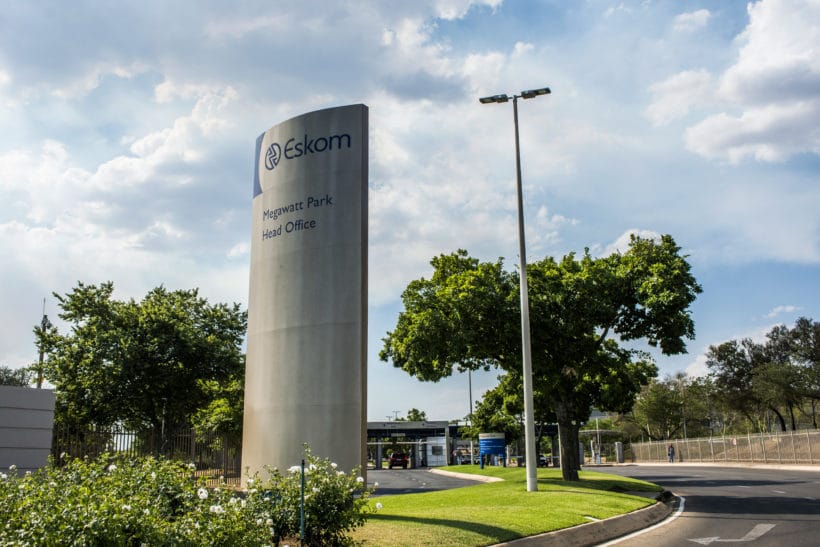
JOHANNESBURG, Sept 16 (Reuters) – Britain’s envoy to the U.N. Climate Change Conference (COP26) John Murton plans to visit South Africa ahead of the November talks, a spokesman in Pretoria said, to discuss helping it end an over-reliance on coal that makes it one of the world’s leading carbon emitters.
South African Environment Ministry spokesman Albi Modise said discussions were exploratory but would focus on cooperation in the transition from coal to renewables.
Africa’s most industrialised nation uses coal for 90% of its power needs. That has made it the world’s 14th largest carbon dioxide emitter – pumping out 479 million tonnes equivalent in 2019 – two places above Britain (371.1 T), an economy eight times as big.
“The developed economies have a responsibility to fund the Just Transition to a low carbon economy and climate resilient society,” Modise said.
Eskom, the state power company and Africa’s single biggest greenhouse gas emitter, is pitching a $10 billion plan to global lenders that would see it shut the vast majority of its coal-fired plants by 2050 and embrace renewable energy.
Read more: Africa’s top emitter seeks $10 bln for shift from coal
South Africa’s government remains reluctant to give up coal altogether, which as well as supplying power also provides more than 90,000 jobs, according to the latest data from South Africa’s Minerals Council. Eskom is heavily indebted and struggles to keep the lights on, with frequent power blackouts.
Energy Minister Gwede Mantashe, who has made no secret of supporting the coal sector, has described giving it up as “economic suicide.”
But President Cyril Ramaphosa is concerned that dragging its feet on the transition to renewables – South Africa is blessed with plentiful sun and wind – could leave it shut out of global capital markets needed to harness these resources.
In July, he warned of the risks South Africa faces from a rapidly decarbonising global economy and called for international support to accelerate the transition.
There was no immediate comment from London on the British envoy’s visit.
(Reporting by Tim Cocks; Editing by Olivia Kumwenda-Mtambo and Andrew Cawthorne)